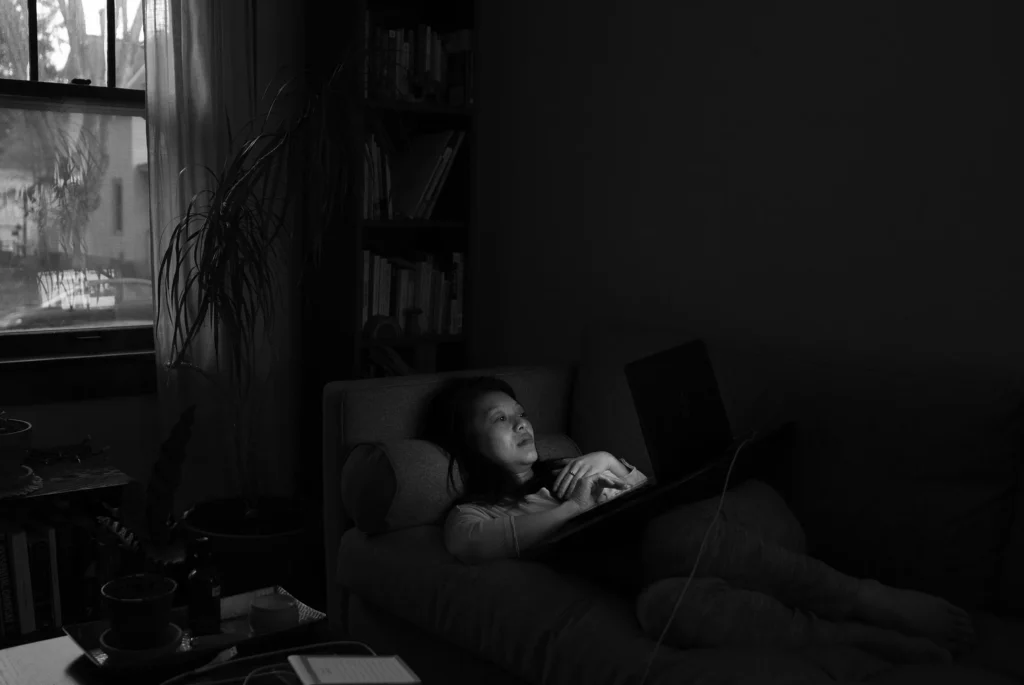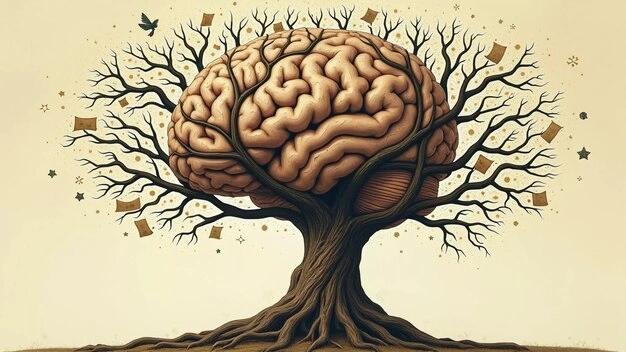Intensive Grazing for Your Brain
Or I’m in the process of writing it, I guess. The publishing world moves at the speed of molasses. As a result, even though I recently turned in the first draft of the manuscript, it’s still far from done.
There will be structure edits, copy edits, line edits, proofs, cover discussions, pre-launch strategies, and then the actual launch. Needless to say, it’ll be a while before I get to hold the finished product in my hands. I will probably cry a little bit from sheer relief.
But for now? I’m celebrating 85,000 mostly coherent words strung together to form one big idea. This honestly feels like a miraculous achievement. Especially considering my attention span has been completely shot for the past few years.
But as I victoriously attached that 326-page Word document to an email, I jotted a note to my editor. At that moment, I felt something besides the expected elation of completing a massive project.
It was… sadness? A twinge of melancholy, perhaps?
I felt like I was closing the door on a part of myself I’d come to really enjoy. For the past six months, I’d spent every waking hour hunched over my laptop. I scrunched my face into weird contortions as I silently mouthed phrases and ruthlessly deleted unnecessary adverbs.
And somehow, against all odds, I came to absolutely love it.
Writing is hard as hell, but it’s also invigorating. It’s thrilling, challenging, and the source of some of the best dopamine rushes I’ve ever experienced in my life. Better than finding the perfect tomato in the garden. It’s better than watching a calf take its first steps. Even better than successfully making cheese that doesn’t taste like rubber.
This book, though barely into its first round of editing, has fundamentally changed me. It showed me I was missing something huge in my life, something I didn’t even realize I needed.
And odds are, so are you.
The Danger of Skimming

I’m a hardcore skimmer, and I’m willing to bet you are too. I wouldn’t call myself a “speed reader,” but I can consume massive amounts of content in a short time. Mostly by scanning information and honing in on sections that catch my interest.
This strategy is incredibly useful if you’re trying to get through copious amounts of clickbait articles on Facebook. Or if you’re keeping up with the endless stream of homesteading content that floods my inbox every day. But it’s entirely useless when you’re researching a nonfiction book that requires actual depth and understanding.
I figured this out in week two of the writing process, and it was honestly a little terrifying.
As I dug into mountains of peer-reviewed articles, stacks of research books, and academic journals, I couldn’t get into the groove. These materials definitely weren’t written for entertainment value, and I struggled initially.
But I couldn’t quit. I’d just signed a massive book contract with deadlines that weren’t going to move just because my brain had apparently forgotten how to focus.
So I persisted. Haltingly, frustratingly, but stubbornly.
But then something amazing happened.
The more I forced myself to dig into scientific journals, nerdy research papers, psychology texts, and hefty nonfiction books, the easier it became to focus. Consequently, I started making connections between ideas that I’d never noticed before.
Light bulbs came on like Christmas morning.
And then, ideas began to flow. They’d hit me at the most random times. While milking the cow, driving to town, and lying in bed at 2 AM. These were good ideas, concepts I had never considered before, connections and revelations that felt genuinely exciting.
I became terrified to go to town without a notepad in my purse in case another idea came knocking. It was fantastic and intoxicating, like my brain had suddenly remembered how to think instead of just consume.
But even more strange, the frenetic world of social media that had previously fascinated me suddenly felt… boring.
It felt like my brain was literally changing. And now that I know more about neuroplasticity, I think it actually was.
Plastic Brains

You’ve probably heard about brain plasticity before. Let me blow your mind with what this actually means. In essence, it’s a fancy way to say that our brains have the capacity to grow and change in response to experiences, even when we’re adults.
This used to be revolutionary thinking. For decades, scientists believed that once you reached adulthood, your brain was basically set in stone. You were stuck with whatever neural pathways you’d developed, and that was that.
Turns out, that’s complete nonsense. Our brains are constantly rewiring themselves based on what we feed them. I’m pretty sure some major circuits were being rebuilt as I wrote my book.
And it all started with reading.
In a Nieman Reports article from 2010, reading researcher and author Maryanne Wolf explains what happens when we read a word. In the first milliseconds, we decode the word itself—pretty straightforward. But then, immediately after, we start connecting it to all the other ideas and concepts we’ve ever known that relate to that word.
This is why certain words have connotations that stretch far beyond their simple dictionary definitions. They’re attached, sometimes culturally, to events, feelings, and broader ideas. And in these moments of connection, we often experience our most crucial breakthroughs and understandings.
This is what Wolf calls “deep reading,” and it’s completely different from the scanning and skimming that most of us do online.
Yet this process of deep reading doesn’t happen by default. It’s a skill that requires “years of formation” and “is built by use, or it atrophies from disuse,” writes Wolf.
Admittedly (and also slightly embarrassingly), I think my ability to chew on deep ideas had seriously atrophied from too much time on social media.
When we only ever fill our brains with information requiring almost no effort to consume or regurgitate, our brains get lazy. There’s no need, and often no time, to ruminate on ideas, make connections, or tie new concepts to things we already understand. As a result, our ability to process complex thoughts weakens.
“Sound bites, text bites, and mind bites are a reflection of a culture that has forgotten to think,” writes Wolf. We have become too distracted by the next piece of new information.
The good news? We can absolutely reclaim this ability. And I like to think of the brain reclamation process a little like grazing.
Long-form written content without multimedia elements is the exact opposite of what we’re supposed to be creating in the big 2025. This goes against everything the marketing experts tell us about attention spans and engagement rates.
And maybe, just maybe, that’s exactly why I’m so excited to create it.
The world doesn’t need more bite-sized content or entertaining distractions. It needs more people willing to think deeply, read carefully, and share ideas that actually matter.
Welcome to intensive grazing for your brain. Let’s see what grows.

Leave a Reply